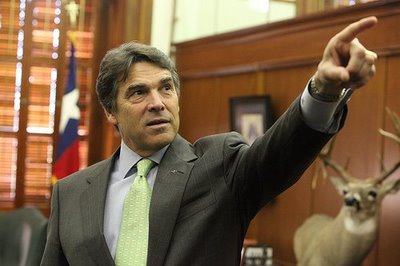Presidential Candidate Ron Paul’s growing libertarian movement within the Republican Party is causing a high degree of angst among American liberals, who historically deflected any criticism of their crony capitalism by attacking Republicans as sycophants for the “American empire and big finance.” But with Ron Paul’s decades of authentic opposition of the “Military Industrial Complex” and the Federal Reserve, the left is being challenged as their vitriolic moralizing is boomeranging back at themselves and their Democrat allies.
An article: “Why Ron Paul Challenges Liberals”, by Mat Stoller of the Roosevelt Institute and former Policy Advisor to Democrat Congressman Alan Grayson, describes Ron Paul as:
“dedicated first and foremost, to his political principles, and his work with his grassroots base reflects that. Politics and procedure simply didn’t matter to him.”
Stoller confesses that liberals treasure the Federal Reserve as a power-tool of big government they wield to advance their social and military agenda. He concedes Paul and his staff have been effective by working with “vigor and principle” to force greater transparency regarding the Fed’s central banking practices and is disturbed that as Paul’s libertarian movement grows the power of the Fed to advance the liberal agenda will be diminished.
Stoller fears Paul is so secure in his deep conservative convictions he is immune from liberal election attacks and worries the public will prefer a principled libertarian who voices his agenda up front to:
“authoritarian Democratic leaders who will expand healthcare to children and then aggressively enforce a racist war on drugs and shield multi-trillion dollar transactions from public scrutiny.”
Stoller also acknowledges liberals dread Ron Paul’s quest to revive the gold standard will curtail deficit spending on wars and social progress. He states Abraham Lincoln, Woodrow Wilson, and Franklin Roosevelt financed their administrations by ending dollar convertibility into gold.
Lincoln established the Office of the Comptroller of the Currency to charter and regulate national banks, then passed the Legal Tender Act of 1862 to force the new banks to only hold currency not backed by gold; even though gold is written into the Constitution. Stoller slyly comments:
“Prior to Lincoln, it was these United States. Afterwards, it was the United States.”
Woodrow Wilson passed the Federal Reserve Act in 1913 to provide discount financing for commercial and agricultural loans. But once America entered WWI, the Federal Reserve became a tremendous financing vehicle by leveraged discounting of government bonds.
As a Fellow at the ultra-liberal Roosevelt Institute think tank, Stoller is especially reverent of Franklin Delano Roosevelt’s peacetime utilization of emergency war powers to centralize monetary authority during the Great Depression. According to Stoller:
“FDR abrogated gold clause contracts, seized the domestic supply of gold, and devalued the currency. He constrained banks with aggressive regulation and seizures of insolvent banks, saving depositors with the Reconstruction Finance Corporation. He also used the RFC to set up much of what we know today as the Federal government, including early versions of disaster relief, small business lending, massive bridge and railroad building, the FHA, Fannie Mae, and state and local aid. Eventually, the government used this mechanism to finance college and housing for veterans with the GI Bill. Since veterans were much of the population right after World War II, effectively this was the first ever near-national safety net. FDR also fused the liberal and union establishments with the corporate world, creating the hybrid “military-industrial” complex that is with us to this day”
Stoller fears liberals have no moral defense against Ron Paul’s libertarian critique that the Federal Reserve exercises centralized state power to act in an unjust or repressive manner. Stoller pleads that even though it might be immoral, liberals must secure state control over bank financing as a tool to achieve their virtuous social and military objectives. He cautions that as Ron Paul’s libertarianism grows, the public may turn against liberals and their Democratic allies.
Feel free to forward this Op Ed and or follow our Blog at www.econservativenews.com or
www.chrissstreetandcompany.com

COMMENTS
Please let us know if you're having issues with commenting.